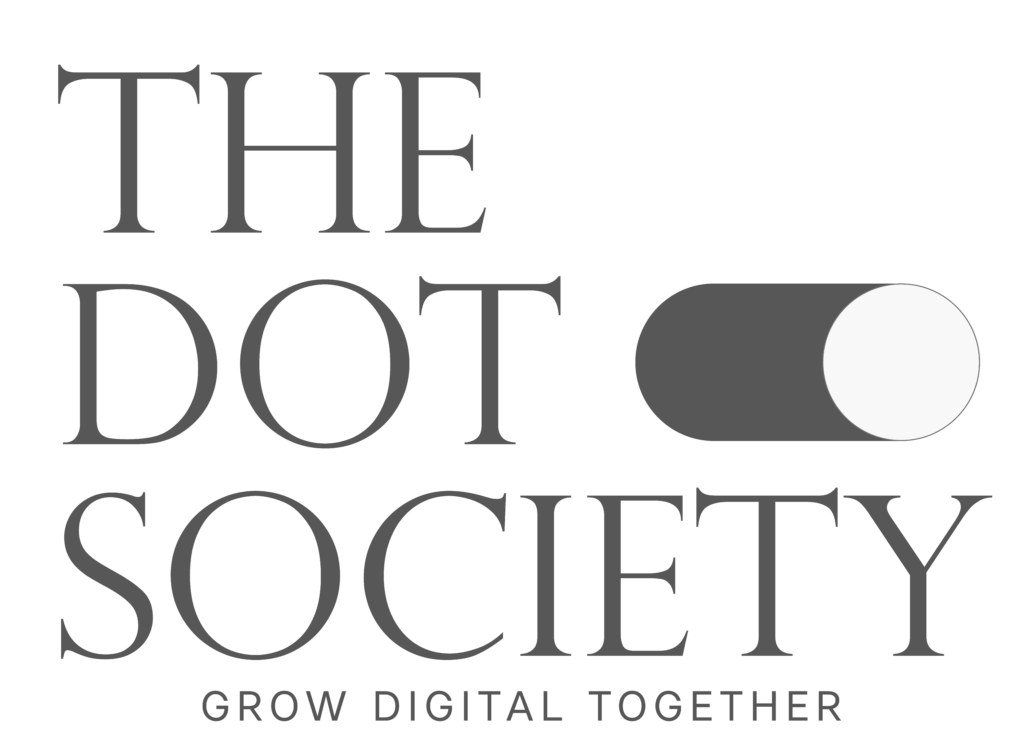We are all familiar with the concept of artificial intelligence (A.I.). For some it is still abstract, while others use it on a daily basis. We too, as a digital marketing agency, are embracing this technology for better and more efficient operations, but what does it mean specifically?
A.I. within digital marketing
Every new technology presents opportunities within marketing, and A.I. is no exception. With increasing customer expectations, efficiency and quality are becoming increasingly important. A.I. can already be used in many aspects of digital marketing. This can range from simple processes such as helping with a brainstorm or looking for inspiration with ChatGPT, but these tools go ever further and already help with making complex decisions such as competitor analysis, finding the right keywords,… Even our creative team benefits from this. For example, A.I. can crop out objects or remove backgrounds in seconds, which used to take hours. This gives our team more time for creative thinking and improving their work. Again, a tool like Midjourney can help them.
Our previous article, “Content is not king,” emphasizes that good content is more than just a pretty image. A.I. can help with this by analyzing and combining data to make your content stand out from the competition.
A.I. can be used in both the B2C and B2B markets. Especially in the B2B market, with its more complex decision and buying cycles, A.I. provides crucial support for accelerating deals.
So in what domains can we use A.I. specifically?
For marketers, A.I. is valuable at every stage of the customer journey or marketing funnel. In the awareness phase, A.I. provides deep insights into consumer behavior. It can identify personalities more accurately than friends based solely on Facebook likes. This information enables us as digital business consultants to develop better strategies and personalized targeting for our clients. Data analysis allows us to reach the right target audience from the beginning and build optimal customer groups for campaigns.
A.I. improves not only ads, but also searches for consumers. Thanks to social media and search engines like Google, people find what they need quickly. Google I/O recently also focused on A.I. within Google search. Google is aware that SEO will also have to adapt to how to how AI views will extract information from the Google Search Index. They are doing this with the help of their new update called Gemini.
A.I. has also proven its value in predictive analytics, such as forecasting customer turnover and market growth. This enables companies to make data-driven decisions for future growth and strategic planning. Growth and strategy are precisely some of the values that we at The Dot Society find more important than ever. Finally, everyone wants to grow, and the only way to get there is by finding the right strategy.
How reliable is this technology today?
While A.I. offers many benefits, it is important to remain critical. This technology is evolving rapidly, but many processes are still in their infancy. Compare A.I. to an “inexperienced intern”: suitable for basic tasks and efficiency improvements, but more advanced tasks require careful monitoring and human expertise.
A.I. can also further struggle with unstructured data, making it difficult to gain valuable insights. Low-quality data can distort analyses, making reliable conclusions more difficult to draw. Therefore, it remains extremely important that it is still humans who must give A.I. systems sufficient input so that these systems get better and better and can continue to learn.
In addition, implementing A.I. involves high costs and requires specific knowledge within the company. Fortunately, the team at The Dot Society is eager to learn and willing to each do their part in developing a technologically advanced and efficient company.
What will the future with A.I. bring for agencies like us?
Here at The Dot Society, we are constantly integrating A.I. technologies. By integrating A.I. technologies, we can provide our clients with even more effective and personalized marketing strategies. This allows us to generate in-depth insights and deliver an unparalleled service, enabling our clients to better reach and understand their target audience.
A.I. will provide deeper and more accurate analytics and insights. Future A.I. applications can predict which price will generate the most conversions, the best time to post, and the most effective subject lines. This will help marketers keep up with trends, simplify work, foster creativity, and add even more value for customers.
In addition, A.I. customizes messages based on customer profiles, tracks real-time customer preferences with emotional A.I. algorithms, optimizes content value and effectiveness, and provides social media ethnography with new opportunities to align marketing strategies with customer preferences.
At The Dot Society, we strive to not only support but also educate our clients on the capabilities of A.I. so that they can take advantage of these groundbreaking technologies. Our commitment to knowledge and innovation ensures that we always remain at the forefront of the rapidly changing world of digital marketing.
Conclusion
A.I. is a promising technology for marketers to gain deep insights, improve personalization,and optimize strategies. Early adopters can benefit greatly, although a critical approach remains necessary. Some companies are hesitant because of labor intensity and high costs, but success stories show that when implemented correctly, A.I. can save costs through increased efficiency.
A.I. improves decision-making and reduces human error, but challenges such as unstructured data and the need for human expertise remain. Studies show that A.I. already provides benefits such as improved personalization and optimized messaging.
By applying A.I. responsibly and strategically, marketers can gain valuable insights and create meaningful interactions with target audiences. So it is important for many companies, as it is for us, to gain the necessary knowledge of A.I. and implement it for in the future not to fall behind the competition.
This post is also available in: Dutch




